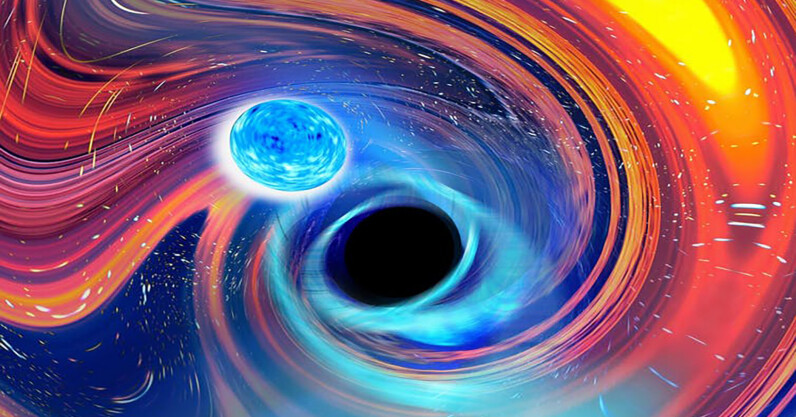
One of the best things about being an astronomer is being able to discover something new about the universe. In fact, maybe the only thing better is discovering it twice. And that’s exactly what my colleagues and I have done, by making two separate observations, just ten days apart, of an entirely new type of astronomical phenomenon: a neutron star circling a black hole before being gobbled up. The two observations were made in January 2020, by the Laser Interferometer Gravitational-wave Observatory (LIGO) and the Virgo Observatory, both of which detect gravitational waves from the distant cosmos. After 18 months…
This story continues at The Next Web

No comments:
Post a Comment